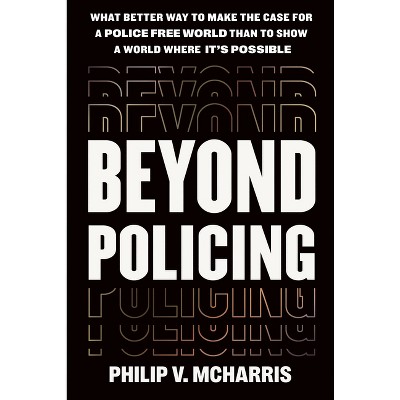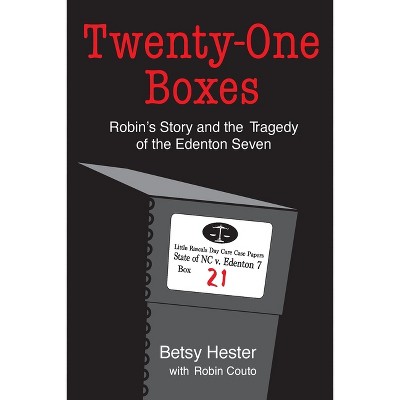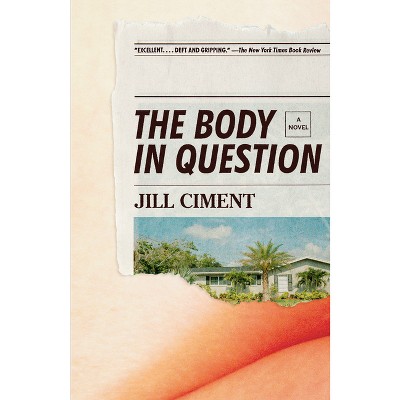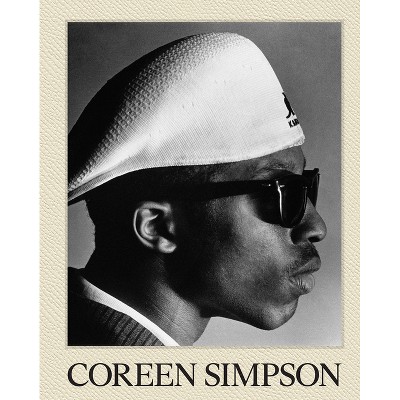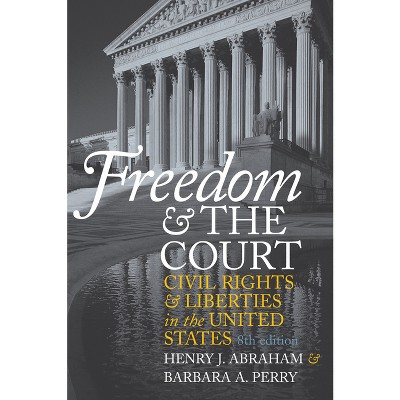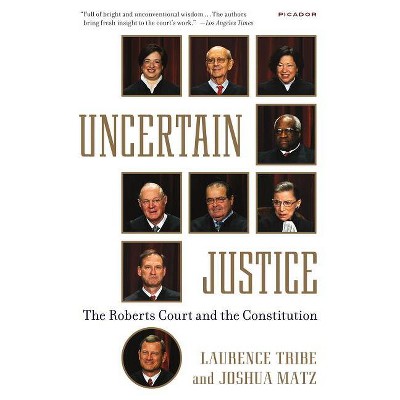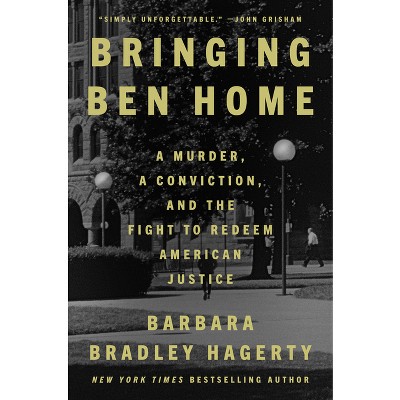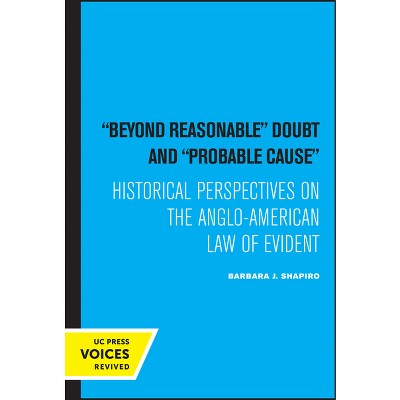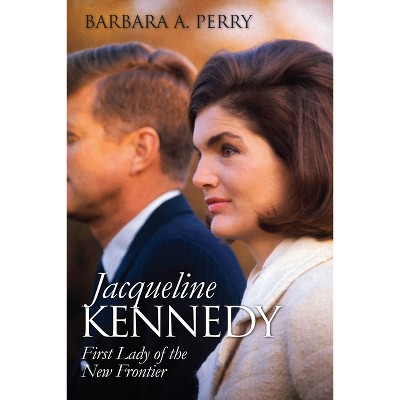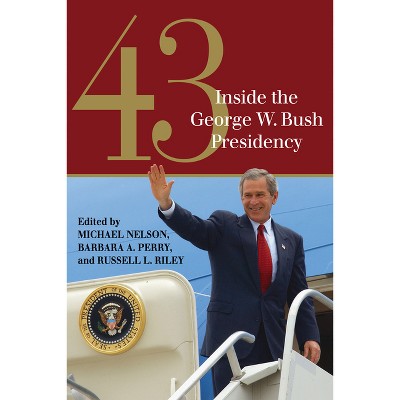Sponsored

The Priestly Tribe - by Barbara A Perry
In Stock
Sponsored
About this item
Highlights
- Perry illuminates the Supreme Court's unique advantages in sustaining a noble public image by its stewardship of the revered Constitution, its constant embrace of the rule of law, the justices' life tenure, its symbols of impartiality and integrity, and a resolute determination to keep its distance from the media.
- About the Author: BARBARA A. PERRY is professor and chair, Department of Government, Sweet Briar College.
- 184 Pages
- Freedom + Security / Law Enforcement, Constitutional
Description
About the Book
Perry illuminates the Supreme Court's unique advantages in sustaining a noble public image by its stewardship of the revered Constitution, its constant embrace of the rule of law, the justices' life tenure, its symbols of impartiality and integrity, and a resolute determination to keep its distance from the media. She argues that the Court has bolstered these advantages to avoid traps that have marred Congressional and presidential images, and she demonstrates how the Court has escaped the worst of media coverage.
In this detailed examination of the Court, its justices, decisions, facilities, and programs as well as its place in modern American culture, Perry illustrates that the Court has consciously endeavored to preserve its exalted standing. The Priestly Tribe provides an original and insightful analysis of this intriguing judicial institution for students and scholars of the Court and the general public.
Book Synopsis
Perry illuminates the Supreme Court's unique advantages in sustaining a noble public image by its stewardship of the revered Constitution, its constant embrace of the rule of law, the justices' life tenure, its symbols of impartiality and integrity, and a resolute determination to keep its distance from the media. She argues that the Court has bolstered these advantages to avoid traps that have marred Congressional and presidential images, and she demonstrates how the Court has escaped the worst of media coverage.
In this detailed examination of the Court, its justices, decisions, facilities, and programs as well as its place in modern American culture, Perry illustrates that the Court has consciously endeavored to preserve its exalted standing. The Priestly Tribe provides an original and insightful analysis of this intriguing judicial institution for students and scholars of the Court and the general public.Review Quotes
.,."raises important issues."-Contemporary Sociology
?Perry has performed a worthy service, not only for the Supreme Court but also for those wishing to understand why the Court plays such a crucial role in the American constitutional system...Professionals will find a refreshing reinforcement of confidence in this distinguished American institution; the uninitiated will find no better work on this unique tribunal than Perry's superb book. General readers through graduate students.?-Choice
?...raises important issues.?- Contemporary Sociology
?...raises important issues.?-Contemporary Sociology
?...raises important issues.??Contemporary Sociology
..."raises important issues."-Contemporary Sociology
"Perry has performed a worthy service, not only for the Supreme Court but also for those wishing to understand why the Court plays such a crucial role in the American constitutional system...Professionals will find a refreshing reinforcement of confidence in this distinguished American institution; the uninitiated will find no better work on this unique tribunal than Perry's superb book. General readers through graduate students."-Choice
About the Author
BARBARA A. PERRY is professor and chair, Department of Government, Sweet Briar College. Professor Perry served as a Judicial Fellow at the United States Supreme Court (1994-1995), where she received the Tom C. Clark Award. Her books include A Representative Supreme Court? The Impact of Race, Religion, and Gender on Appointments (Greenwood Press, 1991), and, with Henry J. Abraham, the seventh edition of Freedom and the Court: Civil Rights and Liberties in the United States (1998).Shipping details
Return details
Frequently bought together
Trending Non-Fiction


